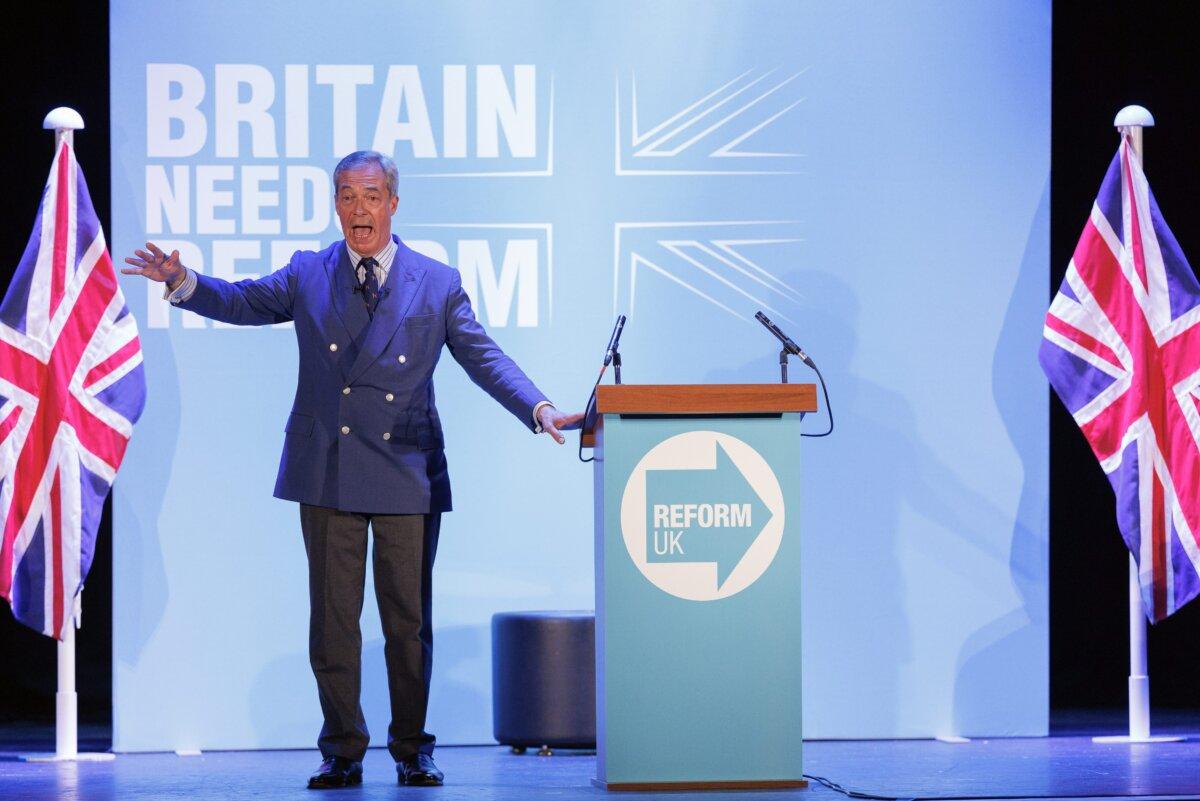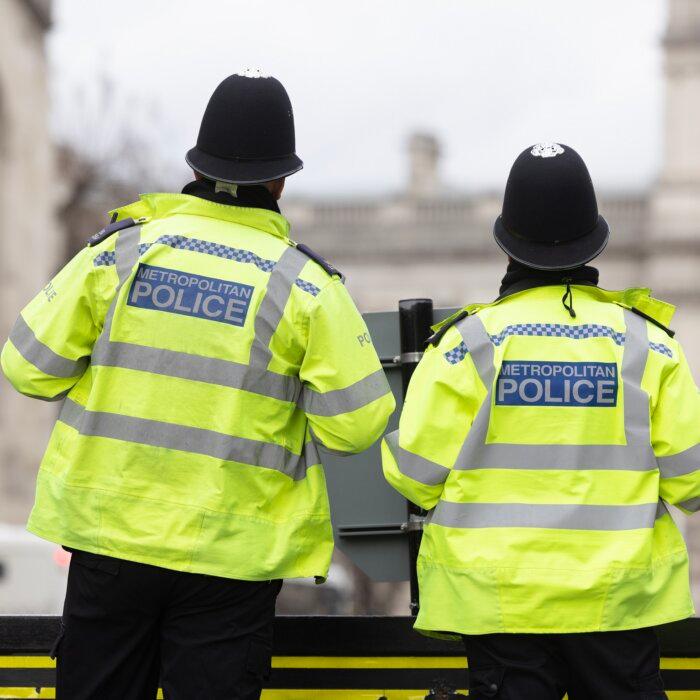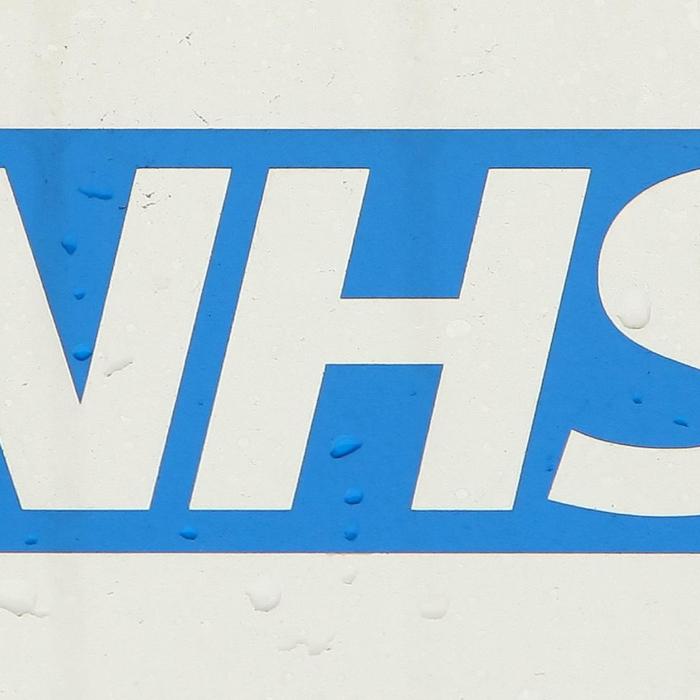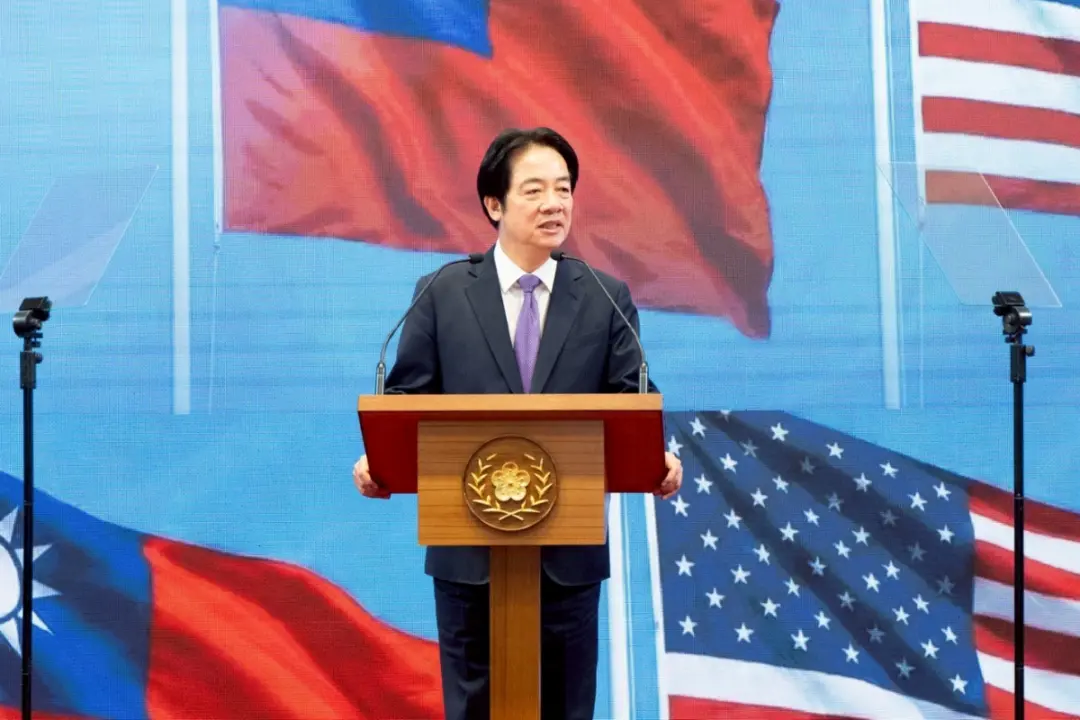According to a poll of voting intentions, the Labour Party is set to win 453 seats in the July 4 election, gaining a majority of 256, which is the biggest of any post-war government.
Liberal Democrats would also see significant gains, rising from 11 seats in the last Parliament to 38 in the next.
The implied vote shares in Ipsos’s model put Labour at 43 percent, followed by the Conservatives on just 25 percent, Reform UK at 12 percent, the Liberal Democrats at 10 percent, Greens at 6 percent, the Scottish National Party at 3 percent, Plaid Cymru at 1 percent, and other parties polling at 1 percent.
Kelly Beaver, the chief executive of Ipsos UK and Ireland, said in a statement that this represented a “snapshot” of people’s current voting intentions and “there is still time for things to change.”
“But this data, in line with most of the evidence that we have seen both in the run-up to this election and since the campaign started, in terms of the mood of the nation and real election results in local elections and byelections, suggests that the British political scene could be heading for yet another significant shift,” added Ms. Beaver.
Ipsos also notes that 117 seats are “too close to call,” with the Tories in second place in 50 of these and Labour in 43, “so small changes in parties’ performance could change the picture further.”
Conservatives Losing in All Directions
Ipsos said that Labour was making particular gains in Scotland and the northeast.Meanwhile, the Tories “are losing vote share in the areas where they were strongest in 2019”—the election where former Prime Minister Boris Johnson had broken through the Red Wall of traditional Labour strongholds in parts of Wales, the Midlands, and the north of England to gain an 81-seat majority.
The Nigel Farage-led Reform party is running in seats across the country and according to the polling company could overturn a “massive Conservative majority” in Clacton.
The Conservatives are not just losing to Reform, but are “facing challenges from both sides,” said Ms. Beaver, with the Liberal Democrats predicted to gain at least 20 seats from the Tories, mostly in the southwest and southeast of England.

Reform Could Win Clacton
Ipsos said that owing to Reform—then called The Brexit Party—standing down in the 2019 election, it was more difficult to model voters’ behaviour in relation to the party. However, the polling firm predicted that Reform could win three sets.“Reform UK are currently estimated to win relatively comfortably” both Ashfield, the seat of former Conservative and current Reform candidate Lee Anderson, and in Clacton, where Mr. Farage is running.
Northwest Leicestershire “also leans Reform (albeit with only a small lead) due to a collapse in the Conservative vote, leaving Labour in a possible second place,” the pollster said.
Mr. Farage’s party is also currently coming second in 30 constituencies, up from only two seats in the 2019 notional results.
Sir John said that the current performance of a party cannot indicate where it could be in five years’ time.
Farage ‘Confident’ Party Could Be Second Place Next Week
Speaking during a campaign event in Clacton on Tuesday, Mr. Farage said he was “confident” that by next week, his party would be second in the opinion polls.Mr. Farage added: “We will, I’m quite confident, by early next week clearly be in second place in the opinion polls.
“And this matters—and it matters because for democracy to function, you need to have opposition.”







